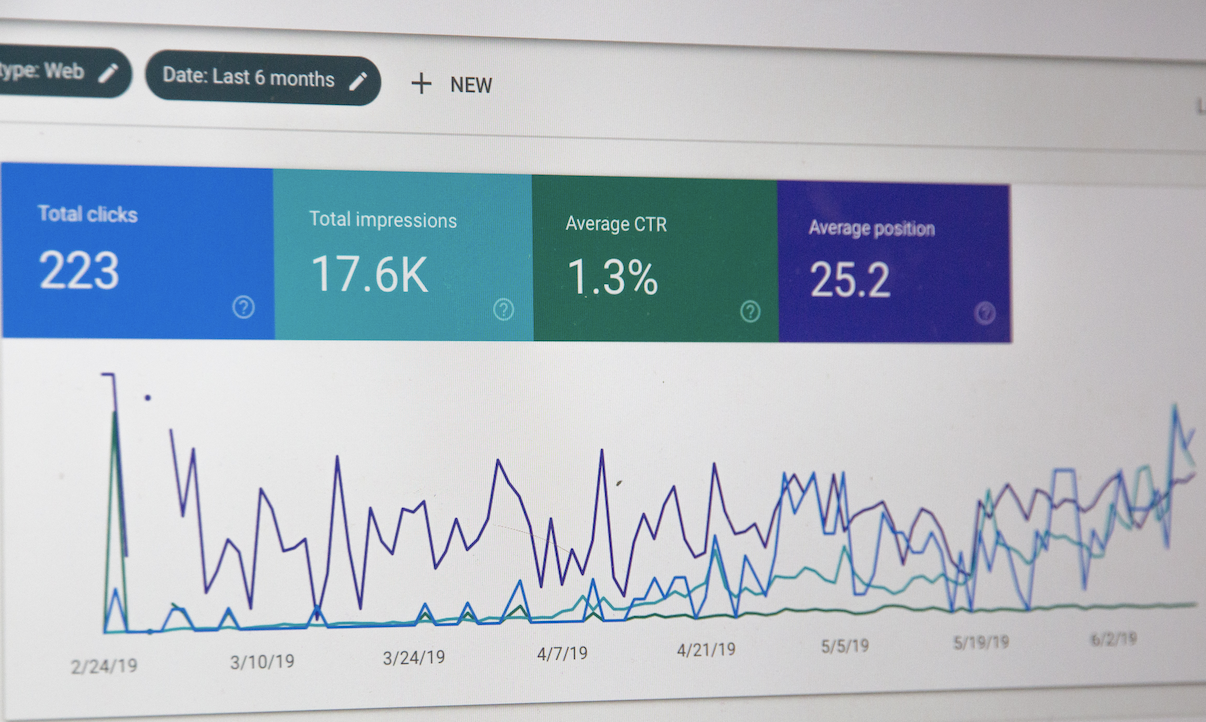SEO, aka Search Engine Optimization, is the process of analyzing and improving a website to increase rankings on search engine results pages (or as SEO geeks call it, SERPs). When a user searches for something on a search engine, the pages that come up on the first page are considered the most relevant, best results for their query. Most people click on one of the first few results. In fact, 75% of searchers click on results on the first page. And the reality is, the result is on the first page because the owner of that website has optimized it to be there. They have SEO built into their digital marketing strategy so they can get the 75% of searchers to their website. Have we convinced you that SEO is worth considering yet?
A quick SEO primer
SEO focuses on the optimization of a website to attract organic traffic. This is traffic that visits your website after entering a relevant keyword or search term into a search engine. The optimization works on both technical aspects of the site in the backend and the user experience in the front facing side of the site.
Organic traffic often comes from users at the awareness stage of the buyers’ journey, where they are not quite ready to purchase or compare products, but simply reviewing the options available. Users may not even know they have a need for a product or service at this stage, so it is important to present a solution to their problem early on by highlighting the need to them. This will push users further down the research stage of the funnel towards the decision stage. For example, if a user has an ear ache, they might be searching for the cause of the issue. If you’re a doctor and write a blog entry about causes, you can follow up at the end of the entry with a call to action to call you for an appointment so the searcher can confirm the cause and find treatment options.
How to start your SEO strategy
SEO is all about awareness. The more visible you are to search engines, the more visible you are to users. The idea is that you target relevant keywords and search terms, which puts your business in front of your target audience, in much the same way as if you were to advertise.
Building a clear, solid brand that is consistent across all platforms, both onsite and offsite, also supports your online awareness and visibility. Positive brand mentions and an expert voice in your industry niche will help to increase your relevance and authority, driving more traffic to the website.
Finding your voice in the industry will also help to build credibility and, therefore, trust. Trust is a huge playing factor in the buyers’ journey as this is ultimately what people buy into. Without trust, you have no sale. Many users will trust organic results on search engine results pages (SERPs) over paid ads and so being present in the top results on page one instantly instills trust in the people who have search for a certain keyword and found your website as a result.
Keyword rankings need to be monitored as often as possible, ensuring all onsite efforts target the keywords you want to be found for. Keywords can be optimized in onsite content, offsite content, links, social platforms, images, page titles and headings, meta descriptions and URLs. It is very easy to get carried away and stuff as many of your target keywords as you can in all of these places. However, this is how the internet worked back in the days before Google. This practice today is what we call spam and will have adverse effects on your metrics, and you will struggle to get anywhere with your rankings. Keywords need to be researched and selected carefully and then placed naturally throughout all areas you wish to optimize.
The internet is a mobile first world, quickly moving into an AI first world, and so your website needs to be optimized for mobile users and voice searches on AI assistant devices to ensure you do not lose out of valuable customers to the competition. The key areas to focus on here are: speed, accessibility and usability.
Unlike paid marketing, organic traffic is a long term, sustainable source of traffic, it does not stop coming if you stop working on your SEO. Of course, if optimization stops over a long period of time and rankings are not monitored, you may eventually see the competition outrank you for your key search terms. However, it is a sustainable strategy that can afford to take a cut if a business hits a difficult period and needs to find some financial relief. Due to its long term effects, SEO can also be slow to show results and requires patience, it is not an overnight fix to getting a website on page one of SERPs and it can be especially difficult for new businesses entering the market, depending on your competitors and complexity of target keywords. Content needs to be built naturally and gradually, while solutions such as sustainable link building can be difficult to master and often requires the help of an expert or agency.
This post was originally published on the Careful Feet Digital blog and has been edited and reposted with the owner’s permission.

